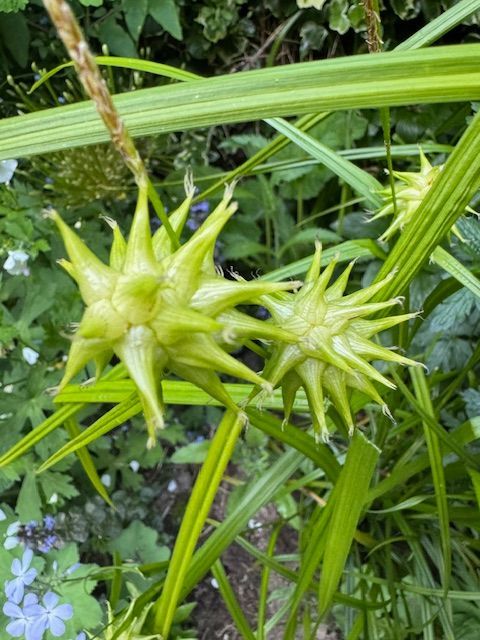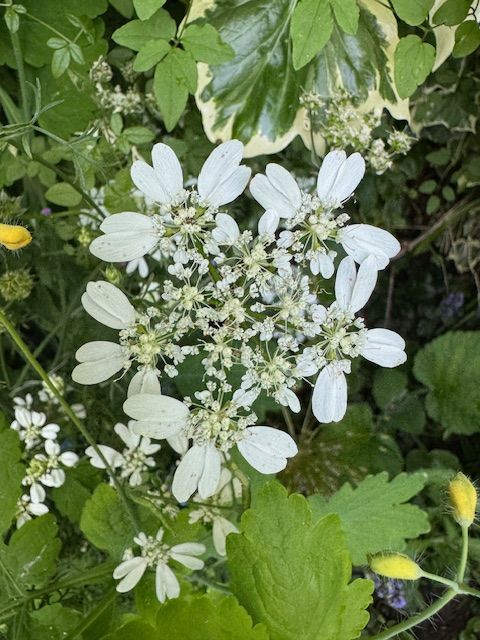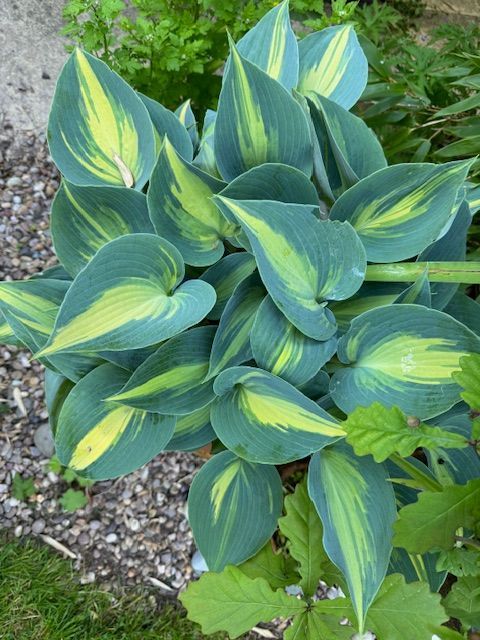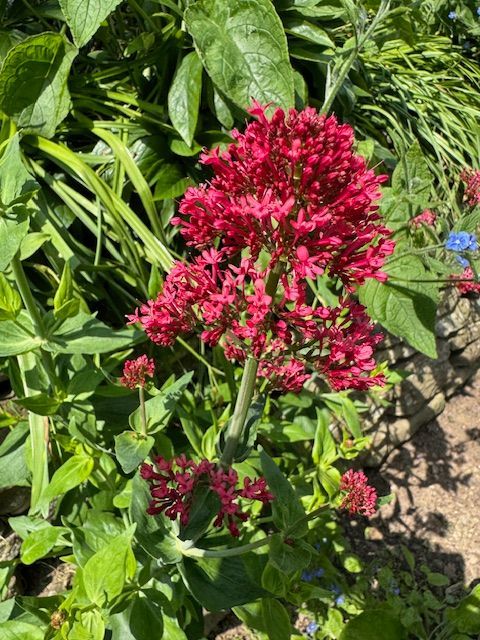Message of Abbot Paul - Tuesday - 21st May 2024
Abbot Paul • May 21, 2024
I apologise for the late arrival and brevity of today’s message, but much of yesterday was spent travelling to and from Birmingham Airport and a long wait for two of our Peruvian brethren to arrive on a connecting flight from Amsterdam. We finally got in to Belmont half an hour after midnight, exhausted but happy to have Br Mario and Br Wilmer safely with us. Today we return to Ordinary Time and we find ourselves in Week 7.
Today’s Gospel reading comes from Mark, (Mk 9: 30-37), and sees Jesus and his disciples making their way through Galilee. As they go, Jesus speaks privately with his disciples, so they keep clear of the crowds. He warns them that, “The Son of Man will be delivered into the hands of men; they will put him to death; and three days after he has been put to death he will rise again.” Mark comments that, “They did not understand him, but were afraid to ask.” As Jesus was teaching them, surely they had every right to ask questions, especially as they couldn’t understand what it was he was trying to explain. Often pride prevents us from asking the way and we get lost. At times, it’s fear or simply shyness. What was it with the disciples? Eventually they arrive back at Capernaum, where, in the house they seemed to have shared and used as a base for their activities, he asks them what they were discussing and arguing about among themselves on the road. They were ashamed to reply, because like squabbling children, they were arguing about which of them was the greatest. You can’t help feeling ashamed of them, or at least embarrassed for them, although, when we look back on our lives, we too can remember thinking such things. Jesus was always extremely patient with them. Mark relates that, “He sat down, called the Twelve to him and said, ‘If anyone wants to be first, he must make himself last of all and servant of all.’ He then took a little child, set him in front of them, put his arms round him, and said to them, ‘Anyone who welcomes one of these little children in my name, welcomes me; and anyone who welcomes me welcomes not me but the one who sent me.’” We, like the Twelve, must become childlike but not childish. Humility is a key Christian virtue and it must show itself in a life of service and in respect for others. Above all, the poor, the needy, the disadvantaged, the sick, little children and the vulnerable of all ages are to be honoured and respected for God is truly present in them. Let us pray that our behaviour as Christians and as disciples may always be as Jesus taught and asked of us. Amen.















